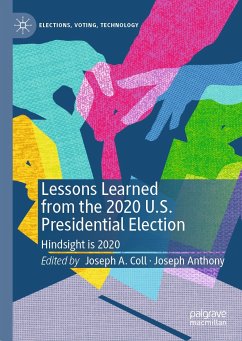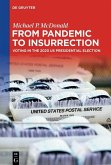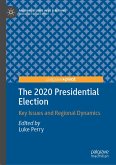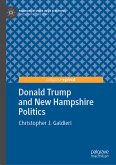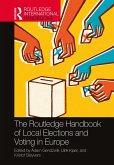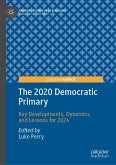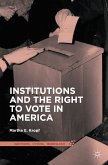Contributing authors address how states and localities altered their elections in light of the pandemic; poll worker motivation for working during a health crisis, and how the changes to elections were viewed by election officials; the effects of these changes on whether a citizen decided to cast a ballot, how they voted, and who they voted for; how these changes influenced evaluations of elections, how long voters waited to cast a ballot, and their confidence in the outcome of the election; and, finally, what we can learn about election administration, access, and evaluations from this historic election.
Joseph A. Coll is Assistant Professor of Political Science at the College of Wooster, USA. His research examines the factors that influence the access and administration of elections, how that access and administration affects political behavior and public opinion, and how this then goes on to affect public policy.
Joseph Anthony is Assistant Professor of Political Science at SUNY-Cortland, USA. His research focuses on elections administration and public policies, as well as political parties and organizations in the United States. His research priorities investigate the electoral and institutional structures that impact political participation, and the organizational structures that mobilize this participation.
Dieser Download kann aus rechtlichen Gründen nur mit Rechnungsadresse in A, B, BG, CY, CZ, D, DK, EW, E, FIN, F, GR, HR, H, IRL, I, LT, L, LR, M, NL, PL, P, R, S, SLO, SK ausgeliefert werden.

